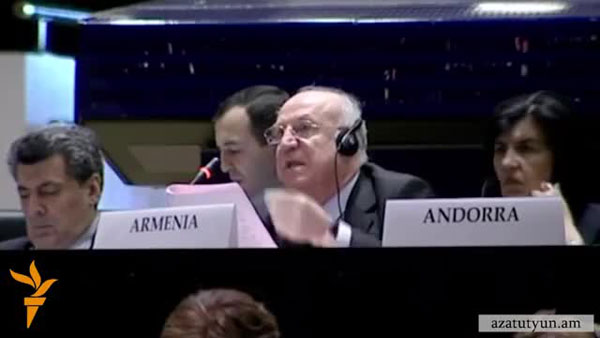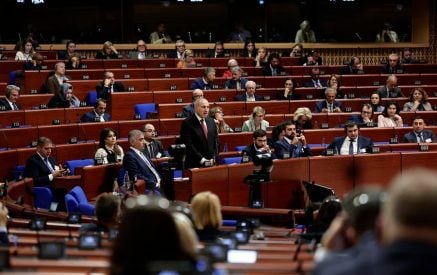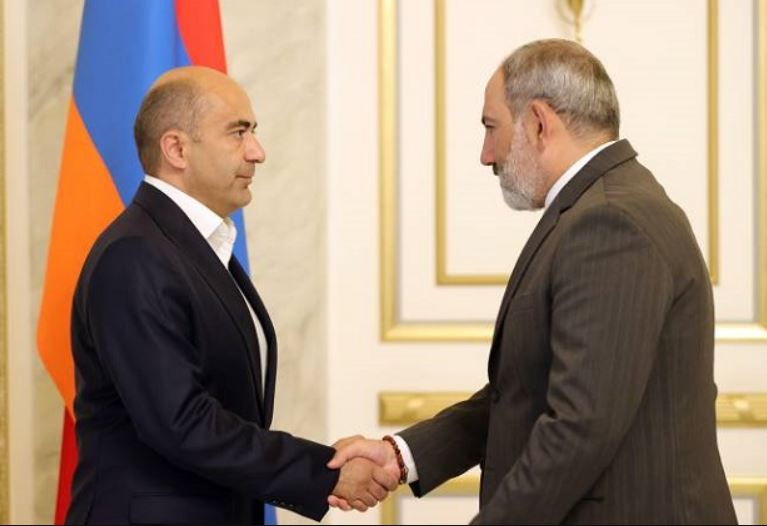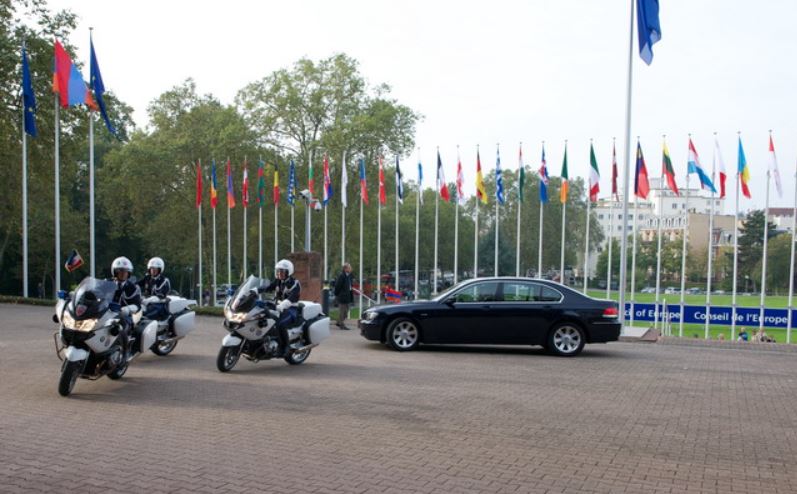At this moment, the “territorial integrity” works for the benefit of the West
Last week, the OSCE Parliamentary Assembly ended in Helsinki provided an opportunity to our commentators and politicians to say a few “sweet” words about the head of Armenia’s delegation, Artashes Geghamyan. Indeed, his, to say the least, fast and loose political behavior in the course of the years cannot cause a separate sympathy. But, in this case, the problem, I think, is not in Geghamyan.
The problem is that the relations with Russia and the West because of Ukraine continue to be strained. The Parliamentary Assembly where the MPs of the member countries should have debated on the issues of security and cooperation has turned into an even of criticizing Russia. Russia, of course, with its recent years’ behavior, has “earned” censure words. But if the international forums are passing without the participation of the “censured”, then their meaning and significance are significantly reduced.
Russia was not presented in Helsinki not for its fault. The Finnish authorities have banned the access of the Russian State Duma Speaker Sergei Naryshkin willing to attend the Assembly since he and several other members of the State Duma, because of the same Ukraine, are under the EU “sanctions.” But these assemblies, at least, theoretically, are for the dialogues rather than for “settling accounts”. In addition, frankly speaking, I have not noticed that over one and a half year, the sanctions imposed against Russia, especially not allowing this MP here, not allowing that artist there, have “softened” this country’s position on Ukraine.
Read also
“The Continuation Of Clear, Gross And Uncorrected Violations Of OSCE Commitments And International Norms By The Russian Federation”, this is how the No. 15 “anti-Russian” resolution called. Everything is correct, although a resolution with this title can be passed not only about Russia but also the United States and many other countries. I can quietly write in a newspaper that the accusations of the Assembly against Russia are largely justified. But if I were the delegate representing Armenia, would I have the right to vote “yes” to such resolution? Perhaps, not. Our delegates did not vote for the resolution.
Not to participate in the vote or vote “against” and even make a speech, it is a matter of tactics. Perhaps, Artashes Geghamyan had a problem to play up with Russia more than Stepan Margaryan and Stepan Demirchyan, therefore he more strongly defended his strategic partner than it was necessary.
But to say that the majority of the delegates of the Assembly “took a revenge” on our MPs for the pro-Russian stance with the resolution No.13, which is not advantageous for us, it would, of course, be an exaggeration. Simply, it is beneficial for the West at this moment for the principle of territorial integrity be overwhelming because there is a goal to “make Russia wrong” on the issues of the Crimea, Donetsk and Lugansk. If, let’s say, it were the issue of the self-determination of the people of Kosovo, the resolution would be written just the opposite. The Assembly, also stressing the territorial integrity of Georgia and Moldova, wishes to oppose Russia’s imperialistic ambitions. Karabakh, which the West is less interested, entered into this common pot. In reality, if the Assembly delegates were sincere, they should have adopted only one resolution: about the non-existence of the international commitments and the law.
… 40 years ago, on 1 August 1975, the leaders of 33 countries signed the Final Act of the Conference on Security and Co-operation in Helsinki. Leonid Brezhnev, Gerald Ford, Erich Honecker, Helmut Schmidt and others were seated at the same table. In 40 years, the world did not become more secure and “cooperative”.
Aram ABRAHAMYAN
“Aravot” daily























































